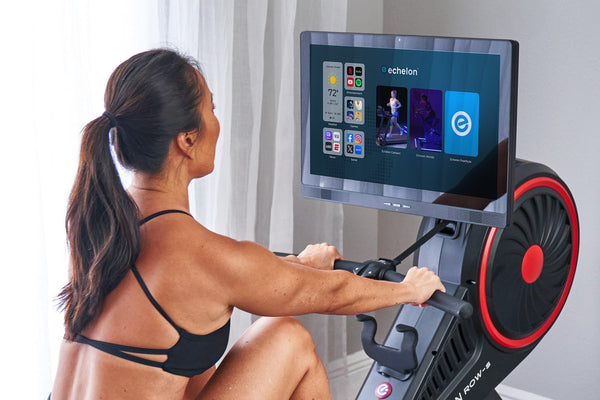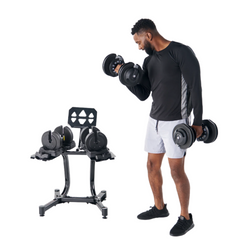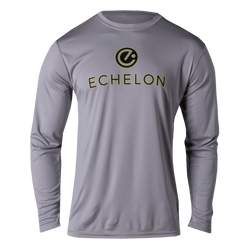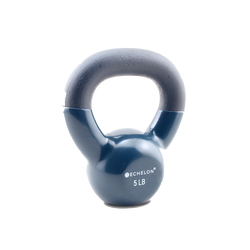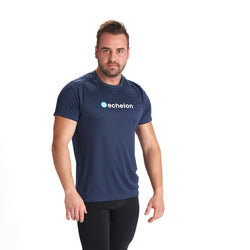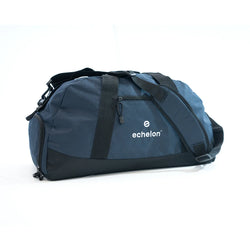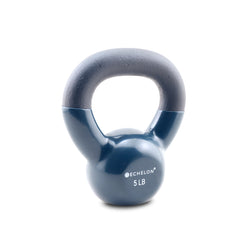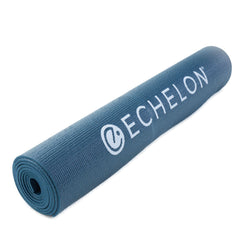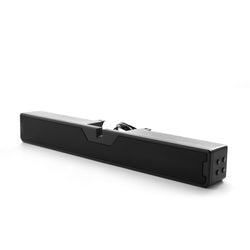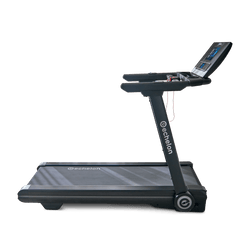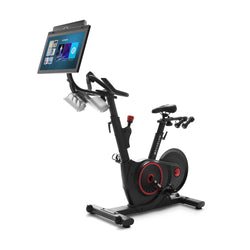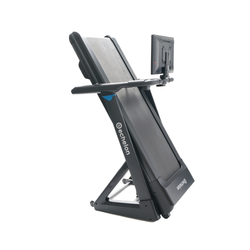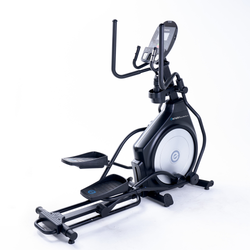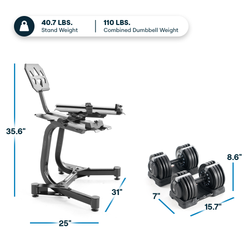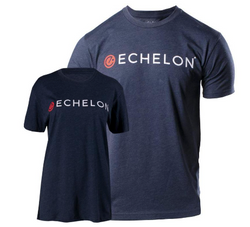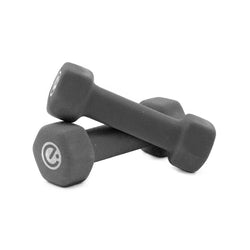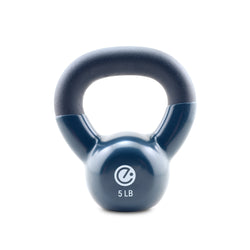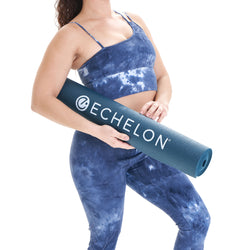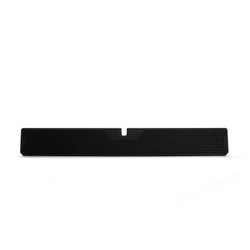What to Eat to Maximize Your Workout
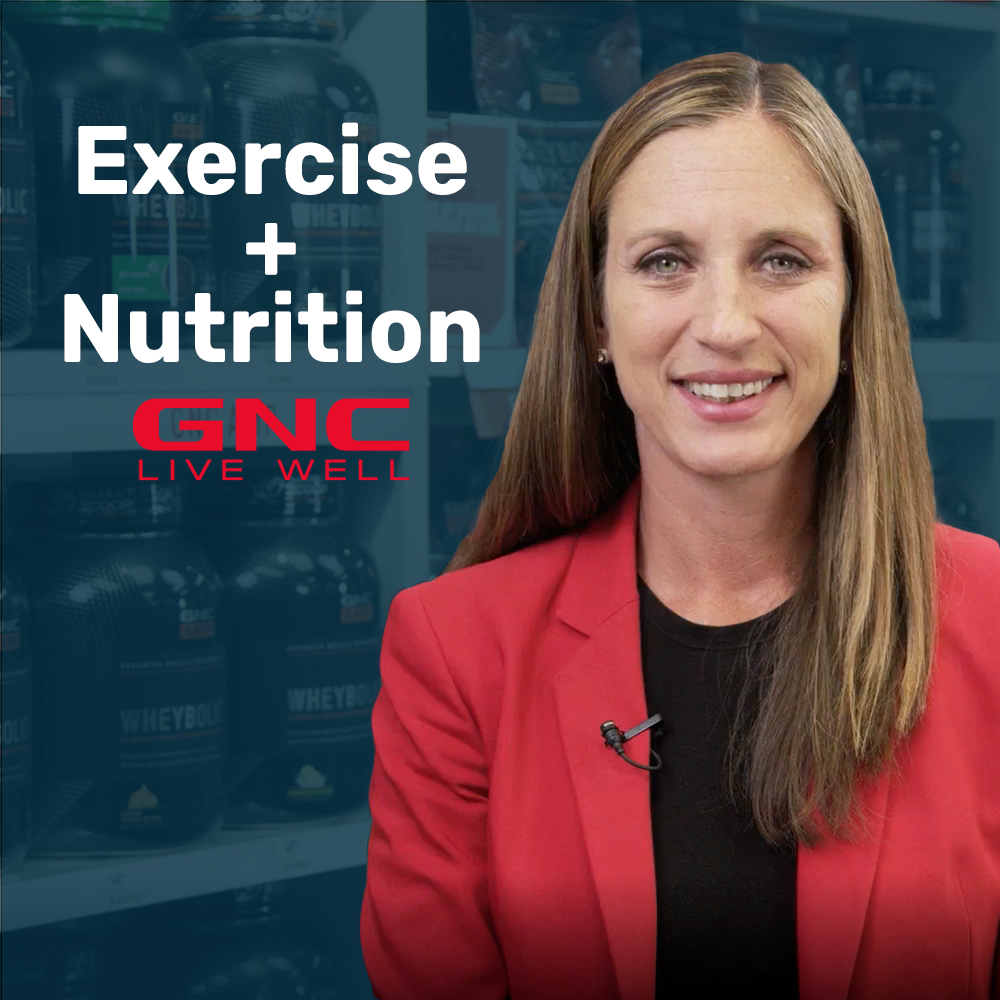
Eating the right foods is a critical part of a healthy workout routine. We often hear “diet and exercise” and assume this is referring to weight loss. However, what and when you eat makes a big difference in the quality of your physical activity. To help navigate the role of nutrition in our workouts, we sat down with Registered Dietitian Nutritionist and GNC’s Chief Nutrition Officer, Rachel Jones.
Here is how Rachel recommends maximizing your workouts based on what you consume:
Role of Nutrition in Exercise
Adequate nutrition plays a critical role in helping you to get the most out of your workout. Your body needs adequate vitamins and minerals, macronutrients — carbs, fats, and protein — and fluid to perform at its best. Here is how each of these groups works during exercise:
Get Energy from Carbohydrates
Carbohydrates are your number one source of energy for your muscles. You can get carbs from foods like whole-grain bread, pasta, fruits/vegetables, sports drinks, and meal replacements.
Build, Repair, + Recover Your Muscles with Proteins
Proteins are made up of building blocks called amino acids. These amino acids play a role in muscle building, muscle repair, and recovery. You can get protein and amino acids through lean meats, fatty fish, dairy, nuts, and beans. Protein powders are also a good source when you can’t meet your needs through food.
Improve Heart + Joint Health with Essential Fats
Essential fats, like the healthy fats from fish oil called omega-3s play a role in heart health and joint health. Of course, we need our hearts and joints to work well when working out!
Convert the Macronutrients to Energy with Vitamins and Minerals
Vitamins and minerals are also an essential part of your routine when you are exercising. Vitamins and minerals make sure your body converts the carbohydrates, proteins, and fats into energy your muscles need to support your workout.
To make sure you aren’t falling short on vitamins and minerals, take a multivitamin daily. Talk to your doctor to ensure you are taking a multivitamin that supports the gaps in your diet or other needs. For example, GNC has two great options to meet the needs for both women and men.
Don’t Forget to Hydrate
Did you know that thirst means that you are already dehydrated? And when you are dehydrated you’ll be unable to perform at your best. When dehydrated, you are more likely to overheat, get tired faster, and your muscles might cramp up.
Signs of dehydration include thirst, headache, fatigue, and your urine will be strong smelling and dark.
The best way to prevent dehydration is to drink at least 8 glasses of water, plus replace your fluids lost in workouts as sweat. You also want to ensure you are making smart decisions about how you rehydrate:
- Choose water and sports drinks
- Eat foods that are 85-95% water: oranges, lettuce, tomatoes, watermelon, and cucumbers
- Limit high sugar drinks
Get in the habit of staying hydrated throughout the day with special attention to adequate hydration prior to your workout. Additionally, remember to sip fluids while exercising and to replace fluids and electrolytes lost following training.
Keep Your Body Fed
We’re all more productive in life and have better workouts when we aren’t “hangry”. Eating a balanced meal or snack at regular intervals during the day helps keep you feeling full, maintains your blood sugar levels (and in turn your energy), and provides a source of nutrients to aid in muscle recovery, growth, and repair.
An average person should eat 4-6 times per day. Make sure you eat a healthy balance of carbs, proteins, fats, and fluids. When planning your meals try to incorporate fruits, veggies, lean proteins, nuts, seeds, dairy, and healthy fats rich in omega-3s throughout your day. Even if you are busy, don’t skip meals! Keep the following on hand to ensure you are staying well-fed:
- Meal Replacement Shakes for when you are in bind and don’t have time to sit down to eat
- Pre-Bottled Protein or Sustained Protein Shakes for easy protein boost
- Sustained or Layered Protein Bars for on-the-go convenience
Plan to Eat Around When You Workout
We know that eating is crucial to support your workout, but there is often confusion about when and what to eat! Keep things simple and always eat or drink something within one hour before and after exercise.
Before you exercise, carbs are key. Picking a piece of fruit, sports drink, or pre-workout can help provide you with the carbohydrate fuel you need to support optimal performance
After your workout, it’s important to get a combination of carbs, protein, and fats. A balanced meal will do, but you may not have access to a full meal within one hour of your workout. This is where protein shakes, powders, and bars are useful to help provide fuel to support the recovery process.
Additional nutrients are needed if you are planning on a long workout. If a workout is longer than one hour, beverages with carbs and amino acids can keep your body fueled.
Experience the Difference of Good Nutrition
There are many components that impact the quality of your workout, but nutrition is one of the cornerstones. To maximize the benefits of your exercise routine, examine what you eat and drink.
Make sure you are eating a balanced diet of carbohydrates, lean proteins, and essential fats to keep your body well-fueled. Don’t forget a multivitamin to help convert those macronutrients into usable energy. Finally, staying hydrated is a critical part of the puzzle to ward off cramps, decrease the risk of overheating, and keep you energized during a workout.
Now put this knowledge to practice during your next run, ride, row, or FitPass class and experience the difference of good nutrition!
New to Echelon? Join our community to pair your new understanding of nutrition with our cycling, rowing, running, and off-equipment workout classes.
